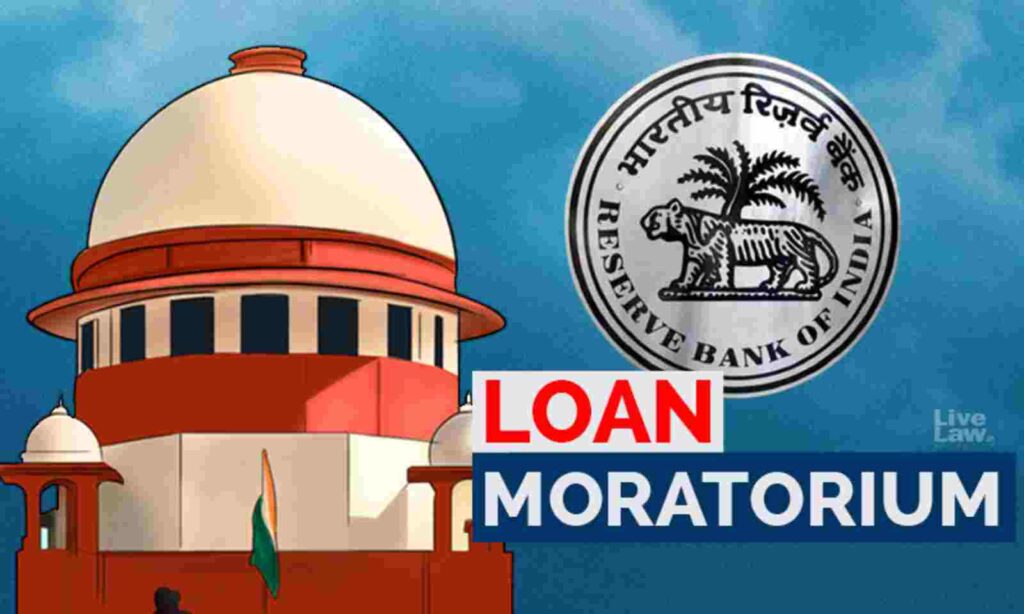The government and the Central Bank have undertaken various measures to protect the banking and finance sector from the adverse impact of the Covid-19 crisis. However, despite historically low interest rates, credit growth has been rather low in recent quarters.
As per RBI’s estimates, out of the total Rs 102 lakh crore loan book, Rs 38.68 lakh crore was under the six-month moratorium. Suppose, this was carrying an average interest of 12%, the simple interest would work out to Rs 2.32 lakh crore for six months. On compounding (12.30%), the overall interest dues could aggregate to Rs 2.38 lakh crore, an additional loss of approximately Rs 6,000 crore (interest on interest). The SC has scheduled its next hearing on September 28.
The six-month loan moratorium period, the dead line for which officially ended on August 31, 2020, is still not over as the Supreme Court has restrained banks from declaring any account of the borrower, which has availed the loan moratorium, as NPA due to non-payment of dues — principal or /and interest. Bank extended the moratorium 6 months on 2020, Moratorium extended upto 21st Feb 2021.
But still situation didn’t settle down yet and lockdown 2.0 started in many states in India. On 2021 Advocate Vishal Tiwari file PIL to Supreme Court for defend the petitioner seeking for extension of the loan moratorium in view of the Covid-19 pandamic. Many of loan defaulter are genuine businessmen have no intention to become a NPA. Advocate Vishal Tiwari on his PIL raise the three main points:
- Six month moratorium extent and interest free loan. Interest should not charge within six months.
- Do not declare NPA as long as pandemic situation going on.
- Do not auction any collateral by the bank during pandemic.
Judges already discuss among themselves that Supreme Court do not have power to extend the moratorium period it’s a power of 1. Finance Minister 2. RBI or 3. Government to extend the moratorium period.
Even after the year of pandemic the business did not stable yet beside that lockdown 2.0 done by the states make the situation worst for the Debtor.

